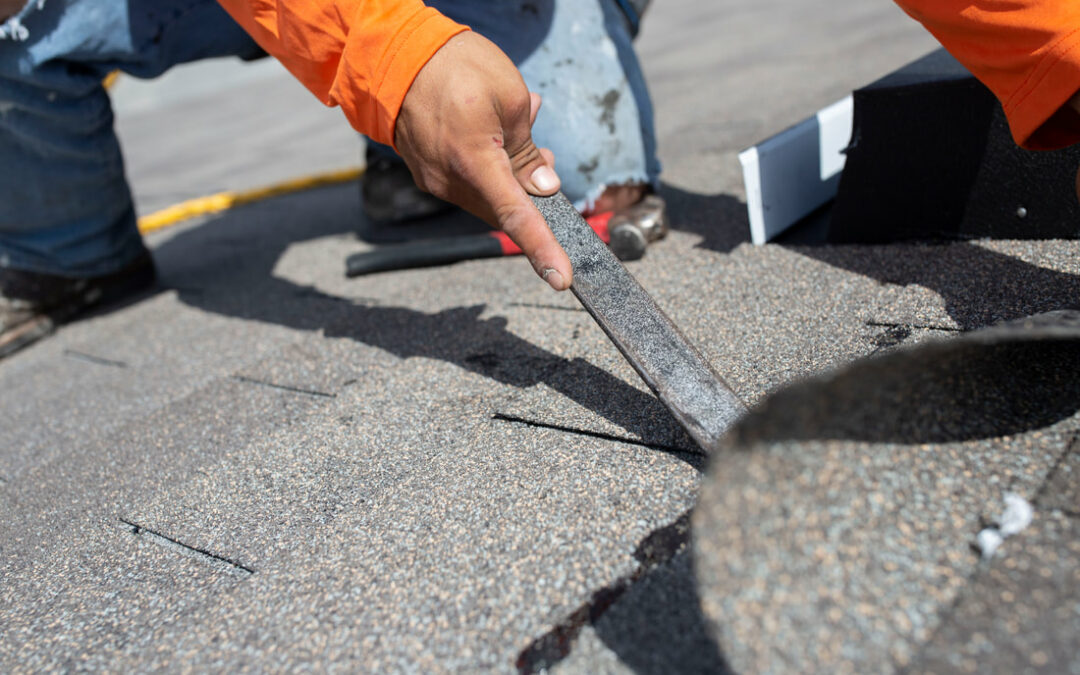We have noticed an increasing trend where insurance companies are requiring homeowners to replace their asphalt shingle roofs. You may be wondering why insurance companies are making this demand, and whether it is an unnecessary expense for homeowners. In this blog, we will explain the reasons behind insurance companies’ demands and why it is critical to follow through with these requirements.
The primary reason why insurance companies are requiring homeowners to replace their asphalt shingle roofs is because of the duration of their lifespan. Asphalt shingle roofs have an average lifespan of approximately 20 years, but their durability and effectiveness tend to weaken over time. As a roof ages, it becomes more susceptible to weather damage and leaks, which are expensive to repair. Consequently, insurance companies are mandating that homeowners replace their older roofs to ensure that they have maximum protection under their policies. Another reason why insurance companies are making these demands is to limit their liability. Older roofs are at a higher risk of failure, which could lead to significant losses if a catastrophic event like a hurricane were to occur. Insurance companies want to avoid these risks and ensure their customers have durable roofs that will provide proper protection to their homes. It’s also important to note that insurance companies offer better rates and discounts to homeowners who take preventative measures to protect their home. Replacing an aging asphalt shingle roof is one such measure that will ultimately save homeowners money in the long run. A new roof ensures maximum protection against weather damage, reducing the chances of costly repairs and claims. In summary, insurance companies are requiring homeowners to replace their aging asphalt shingle roofs to protect their customers and limit their liability. Replacing an aging roof provides maximum protection to homes, reduces the risk of costly claims, and offers better rates and discounts. As a state certified roofing contractor, we can help you navigate the complexities of the insurance requirements and recommend a new roof installation that will provide maximum protection to your home.

